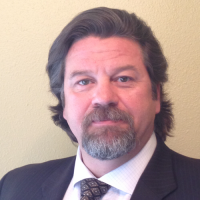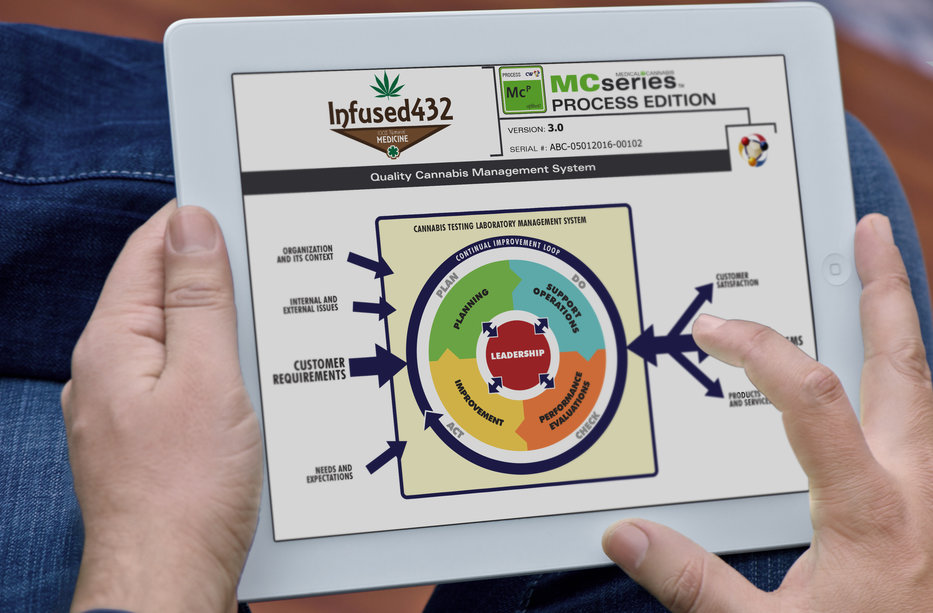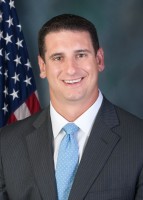Cannabis safety throughout the supply chain requires active documentation tools for business owners to keep up with standards and regulations on the local and state level. Michael Shea, founder and president of AccessQMS and chief executive officer of Upshot’s ConformanceWare, provides consulting support across multiple industries with independent referral services to compliance professionals. With quality, safety and efficiency at top of mind, ConformanceWare’s design team developed the Medical Cannabis Series (MC Series™) to help cannabis business owners make the task of compliance easier. The documentation tools in the program are individually tailored to address needs in cultivation, processing, analyzing and dispensing.
The MC Series-Analyze Edition is currently in use at Canalysis Laboratories and NV Cann Labs, both operating in Nevada. According to Tara Lynn, chief executive officer at NV Cann Labs, the product helps them meet all of their documentation needs. “I appreciate all of the development using the MC Series- Analyze Edition and look forward to developing even more of a relationship through the years to come,” says Lynn. We sit down with Michael Shea to learn more about his product and how cannabis business owners can stay on top of regulatory compliance.
CannabisIndustryJournal: How will the MC Series help cannabis laboratories, cultivators, processors and dispensaries navigate regulatory compliance?
Michael Shea: To open a sustainable business involving cannabis goes beyond submitting applications, paying fees and focusing on profit alone. As laws adjust and tighter controls are put in place, more and more business owners are realizing what preserves and sustains their business is, in fact, compliance.
True sustainability is driven by forward thinking that values documenting and following best practices to ensure quality, safety and efficiency. Ambiguity concerning where to turn or how to correctly produce this documentation not only poses a difficult dilemma, it can put one’s investment at risk as well.
Finding a remedy for the situation begins with an expansion of perspective. Businesses will benefit most by actively working toward compliance from the onset. This approach eliminates having to face non-compliance and the enforcement that goes along with it.
MC Series™ is designed for this purpose and will greatly help businesses precisely document how their method of operation demonstrates full compliance with applicable laws and standards. Each MC Series™ edition is developed using Microsoft Word and Excel, which is then customized to mirror each organization’s processes, procedures and instructions.
Being user friendly, we have built in numerous hyperlinks for navigating and managing files and documents so that the documentation behaves like a website. This enables each user to access, edit, save and retrieve information instantly.
CIJ: How does your product utilize CMC’s, FDA, ISO, FOCUS, AHPA and EPA standards to help business owners?
Michael: Businesses handling cannabis are subject to strict regulations and are expected to show full compliance with regulatory protocols. Setting up your business correctly means playing by the rules and operating with the proper documentation and structural foundation.
By applying established best practices from the start, business owners will be able to minimize risk for investors, tighten efficiencies and quickly adapt to regulatory changes with minor adjustments. This serves two primary functions: Business owners will now have the protection they need and the means to promote their brand as a world-class operation.
Because laws surrounding cannabis are in such a state of flux and revision, what is most valuable to know is what technical documents lawmakers select for the purpose of writing regulations. Putting this knowledge to work, the MC series uses a variety of guidance documents designated by regulatory and standards bodies for best establishing compliance.
Developed with regulations in mind, each series edition accurately defines the scope of applicability required for your business model. Whether you’re a grower, processor, cannabis testing service or dispensary the MC series has a solution. It significantly helps business owners to achieve compliance by providing the required documentation with an operations framework.
MC series merges regulatory best practices with internationally accepted standards to deliver a complete solution with a very quick turnaround time. Designed to ensure public safety and protect human health, the MC series provides a much-needed tool that bridges the gap between compliance and profitability.
CIJ: How might you be ahead of the curve in looking toward a rescheduling or a schedule 2 cannabis framework?
Michael: Being ahead of the curve simply translates to knowing the regulatory landscape and what’s involved moving forward. When the goal is to legalize cannabis for its great many uses and benefits, public health and safety must come first. Now is the time for business owners to get serious and effectively address the process of legitimizing it.
As with anything available for consumption, standardization is the method and regulators have a long established process for putting controls in place to ensure the health and safety of consumers. We have a lot of experience in this area, and our MC Series™ is an exceptionally useful tool for people who don’t. It is our way of contributing to assisting and accelerating the process.
Essentially, we are saying to business owners, operate your business as if cannabis is already legal. Managing your operations in compliance to existing regulatory best practices will speak volumes to lawmakers. You will be effectively demonstrating to Federal and State governments that you understand the importance of regulations to ensure public health and safety and are making compliance top priority.
This will make your business fluid in relation to regulatory changes and prepare you for Schedule II and beyond.
CIJ: Why should business owners be proactive in navigating regulatory compliance with a documentation management system?
Michael: With so many regulations targeting the cannabis industry, it is hard to keep track of and adjust accordingly. Many business owners are getting excited about being involved and making a difference. Amidst all this enthusiasm, the importance of best practices is often times overlooked and prioritized for when business is good and finances improve.
At this point, business owners can no longer afford to position best practices for future use.
For businesses handling cannabis, taking a future stance will always increase risk.. This leaves you legally exposed to unforeseen costs and complications. More importantly, it will exponentially increase the potential for watching your investment, hard work and business be out paced by the competition, or even worse, closed down permanently.
Alternatively, being proactive will yield different results. Great benefits will come by adopting and following best practices to operate your business. In doing so, you now have an effective method to ensure quality, health and safety, environmental stewardship and sustainability. As a rapidly growing industry, these areas of discipline are absolutely critical for cannabis to reach its full potential and be fully accepted.
In many industries, legitimate and successful companies see best practices as simply part of doing business. Many see it as a tool that provides a useful roadmap for continually improving their operations and strengthening their position in the market.
When the legal obligations have been taken care of, success becomes a matter of setting realistic goals, planning well and delivering with impeccable timing. Operational performance can now be measured and improved for unhindered growth. Everyone involved or tied to your business is now on the same page and in areas of supervision, micromanagement is replaced with a documented system. Documentation should clearly define everyone’s roles and responsibilities, so that when errors occur, there are corrective action procedures available to fix them.
Editor’s note: For more information you may reach out directly to Michael Shea at 313-303-6763 or info@conformanceware.com


































